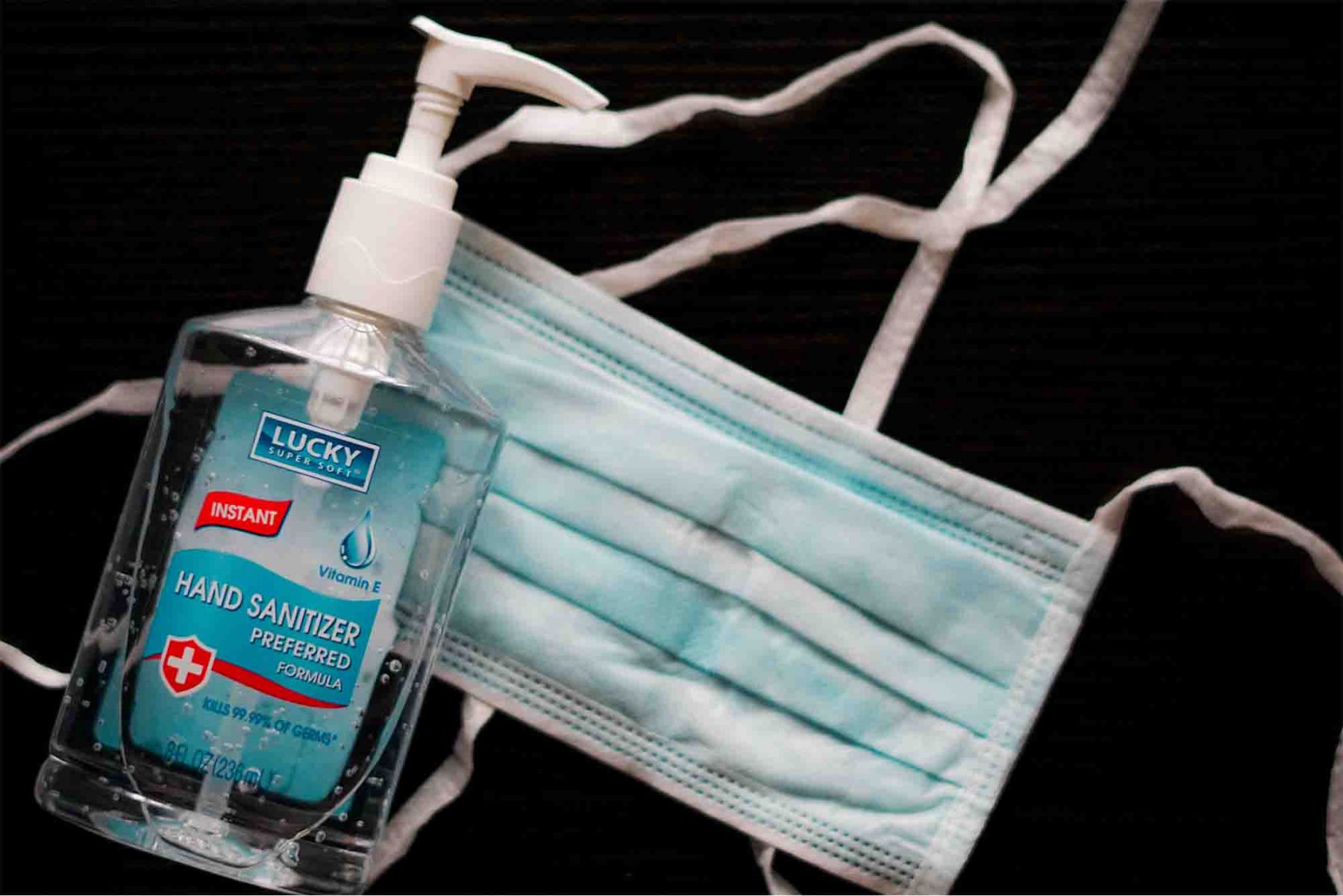From September 18, the home recovery scheme will be expanded to include patients up to 69 years old. Here’s how it will work
This story was first published on September 15, 2021, and updated on September 20, 2021.
As Singapore continues to move towards making Covid-19 endemic, the Ministry of Health (MOH) has announced that more Covid-19 patients will be able to recover from home as part of a scheme by MOH. In fact, from September 18, the scheme will be expanded to include patients up to 69 years old as MOH works to ensure that our hospitals are not overwhelmed.
See also: Covid-19 May Eventually Become Endemic—Here’s What it Means
Before this, only cases aged 12 to 50 years old were eligible for home recovery.
MOH has said that over 98 per cent of Covid-19 cases in Singapore have very few or mild symptoms. As a result, home recovery will be the default care management model for patients who are eligible and who are able to safely self-isolate. They will be taken care of through a telehealth monitoring system.
“This will reserve our hospital capacity for those who truly need the medical care so that we can continue to provide appropriate care for all even with higher infection numbers,” MOH said in a press release on September 14.
As we move into this new model of care, here’s what you need to know should you get Covid-19 and be required to recover at home.
See also: Covid-19 Booster Shots to Be Rolled Out From September 14 to Those Aged 60 and Above

What happens if I test positive for Covid-19?
If you are unwell or if you take an Antigen Rapid Test (ART) and test positive, the first thing you should do is to head to a Public Health Preparedness Clinic to get a Polymerase Chain Reaction (PCR) test.
You should then return home and self-isolate in a room with an attached bathroom till you get your results. If you test positive, continue to remain in this room and keep it well ventilated with your windows open.
How will I know if I am eligible for home recovery?
To be eligible for home recovery, you need to be fully vaccinated, aged between 12 to 69 years old, have no or mild symptoms, have no severe comorbidities or illnesses and have no household members who are over 80 years old or in one of the vulnerable groups.
These vulnerable groups are those who are pregnant and those with a weakened immune response or multiple comorbidities.
Children above the age of five are also encouraged to recover at home.
“For these children, they will first be assessed by the hospital to be clinically fit for home recovery, before sending them back home for their recovery journey,” said MOH.
The idea here is that patients should try to recover at home just like they would if they had other common illnesses such as influenza, according to MOH.
What happens if I am eligible for home recovery?
On the first day of your home recovery, you will have to go through a remote assessment by a telemedicine provider to ensure that you are clinically well.
You will then receive an isolation order that will last 10 days. You might also be tagged with an electronic monitoring device to ensure that you adhere to the isolation order.
You will then need to monitor your temperature, pulse rate and oxygen saturation rate at least once a day through a link that will be provided to you. If you do not have a thermometer or a pulse oximeter, a care pack will be sent to you.
When the care pack is delivered to you, you can give the officer your Tracetogether information so that your close contacts can be identified to facilitate contact tracing.
All your household members will also have to register themselves as your close contacts through a link that will be sent to you. They will then receive an electronic Quarantine Order.
See also: Covid-19 Singapore: What to Know About Health Risk Alerts, Warnings and Quarantine Orders
What happens after this?
You will be in regular contact with an officer called a Home Recovery Buddy who will walk you through your recovery process. You should continue to maintain a high level of personal hygiene and ensure that you do not come into contact with anyone.
Your household should also not be receiving visitors during this time.
On day six of your recovery, you will have the option to contact your designated telemedicine provider for a PCR test which will be done for you at your home. If you test negative or have a low viral load, you will be discharged and can resume your daily activities from day seven onwards.
If you have a high viral load or do not want to take a PCR test on day six, you can continue to self-isolate until day 10 when you will be discharged should you be well.
You can approach your telemedicine provider for a medical certificate if you feel you need more rest.
What happens if there is a medical emergency?
Of course, should you feel unwell during this period, you should immediately contact your designated telemedicine provider. If there is a medical emergency, call 995.
